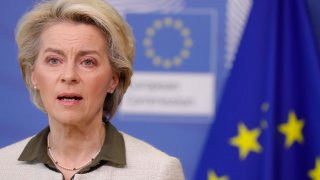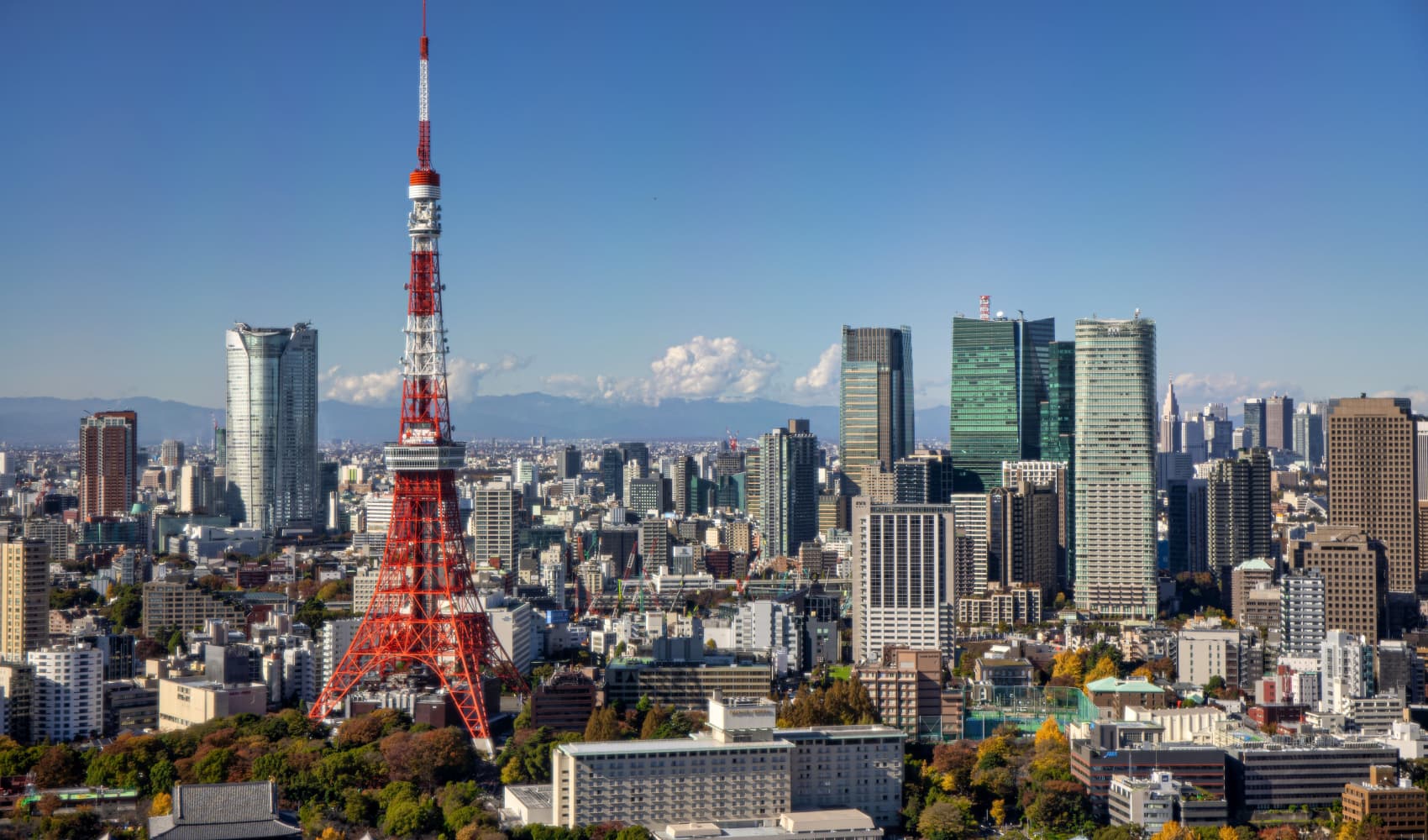
- Imposing measures that could reduce, or fully cut, Russian energy supplies to the EU has been a complicated task for the bloc.
- Two of the anonymous officials said that both nations will have until the end of 2023 to halt Russian oil imports.
- The EU had moved last month to ban imports of Russian coal. It is now about to implement restrictions on oil purchases. And this is raising questions about whether the bloc will also stop its imports of natural gas.
The European Commission, the executive arm of the EU, on Wednesday put forward new sanctions against the Kremlin, which will include a six-month phase out of Russian crude imports.
Russia's unprovoked invasion of Ukraine, and evidence of war crimes, has pushed the European Union to take bolder steps on energy sanctions. But imposing measures that could reduce, or fully cut, Russian energy supplies to the EU has been a complicated task for the bloc.
Get DFW local news, weather forecasts and entertainment stories to your inbox. Sign up for NBC DFW newsletters.
This is because the region is reliant on Russia for several sources of energy, including oil. In 2020, Russian oil imports accounted for about 25% of the bloc's crude purchases, according to the region's statistics office.
"Let us be clear: it will not be easy," European Commission President Ursula von der Leyen said during a speech at the European Parliament on Wednesday.
"Some member states are strongly dependent on Russian oil. But we simply have to work on it. We now propose a ban on Russian oil. This will be a complete import ban on all Russian oil, seaborne and pipeline, crude and refined."
Money Report
Oil prices were trading about 3% higher on Wednesday morning. Brent crude futures were at $108.30 a barrel in late-morning deals in Europe.
Exemptions
The ban had been a highly controversial topic within the EU, but the move gained more momentum after Germany backed the idea. Two EU nations — Slovakia and Hungary which are both highly dependent on Russian energy — have been demanding exemptions.
Von der Leyen chose not to give any details on exemptions during her speech, but three EU officials, who did not want to be named due to the sensitive nature of the issue, confirmed to CNBC that the commission's proposal includes this flexibility — giving Hungary and Slovakia a longer period of time to phase out Russian oil.
Two of the anonymous officials said that both nations will have until the end of 2023 to halt Russian oil imports.
Speaking Wednesday, von der Leyen explained that the six-month phase-out period for most EU nations would give time for commodity markets to adjust.
"We maximize pressure on Russia, while at the same time minimizing collateral damage to us and our partners around the globe. Because to help Ukraine, our own economy has to remain strong," she added.
The war in Ukraine has brought new economic concerns for the EU. The region had started the year on a positive footing after two years of dealing with the coronavirus pandemic, but that came to an abrupt end as the conflict in Ukraine developed.
The oil embargo builds on a ban on Russian coal that was announced last month. It also raises the prospect of restrictions on Russian natural gas, too.
Natural gas represents the most significant energy source from Russia for the EU, accounting for about 40% of all the bloc's imports. Ceasing it overnight would have major economic consequences.
The commodity has already been caught up in the political fallout from Russia's invasion of Ukraine. Last week, Russia's state-owned energy firm, Gazprom, stopped supplies to two EU nations, Poland and Bulgaria, because they had refused to cave in to demands to pay for gas in rubles. The move led many to fear that other countries in the EU could see their supplies halted.
Sberbank sanctioned
Wednesday's proposal to ban oil marks the EU's sixth round of sanctions on Russia. The package also includes removing Sberbank from the international payments system SWIFT.
"We de-SWIFT Sberbank – by far Russia's largest bank, and two other major banks. By that, we hit banks that are systemically critical to the Russian financial system and Putin's ability to wage destruction," von der Leyen also said Wednesday.
In addition, the commission wants to ban three Russian state-owned broadcasters from European airwaves as well as sanctioning high-ranking Russian military officers and other individuals, saying they were involved in war crimes in Ukraine in Bucha and actions in the besieged city of Mariupol.
All of these measures were discussed by European ambassadors on Wednesday morning before the sanctions took effect. It could take a couple of days before the sanctions are fully approved at the EU level.






